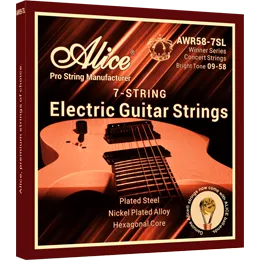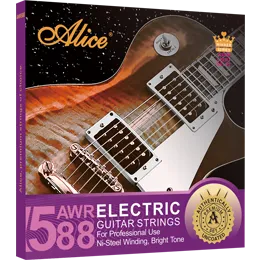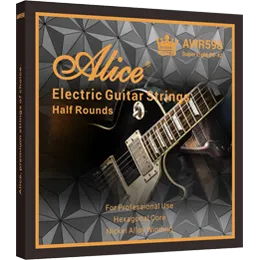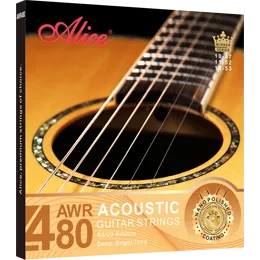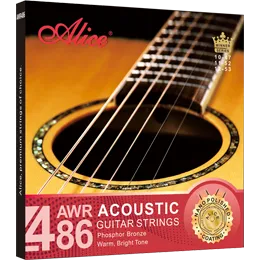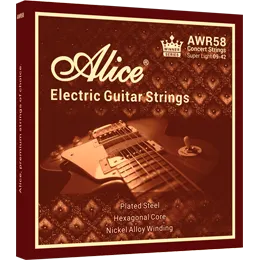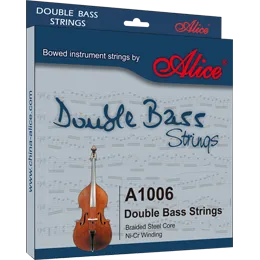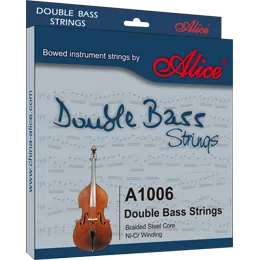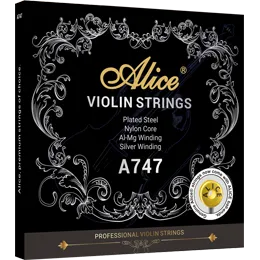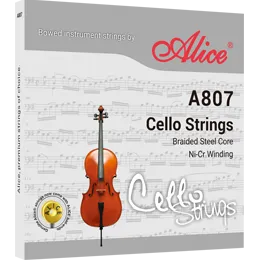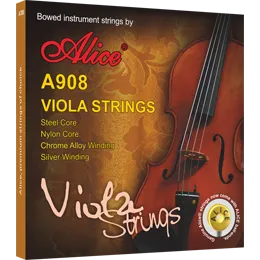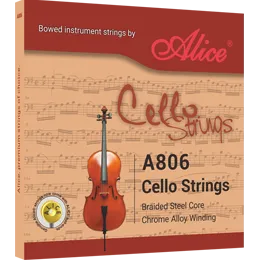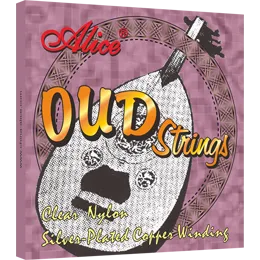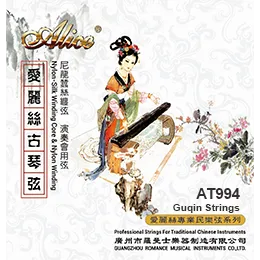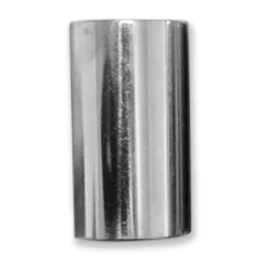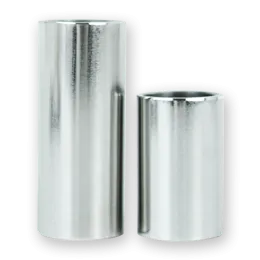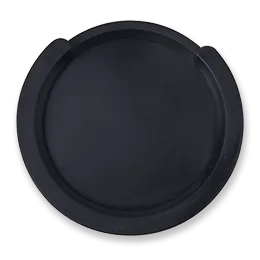Which Acoustic Guitar Strings Fit Different Music Styles Best?
When choosing a guitar, most players focus on the body type, wood, or brand—but one of the most underrated factors affecting tone and playability is the type of guitar strings you use. And if you're serious about shaping your sound, matching your string type to your musical style can make a huge difference.
Whether you're strumming folk ballads, fingerpicking classical melodies, or hammering out fast-paced bluegrass, the strings you choose should support your technique, tone, and musical goals.
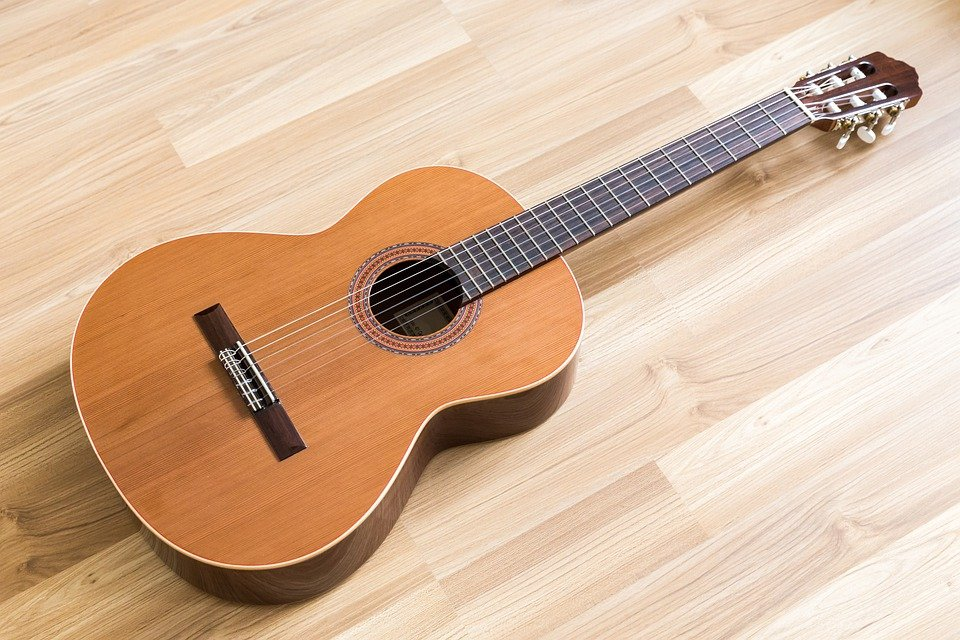
1. Folk and Singer-Songwriter
Best String Type: Phosphor Bronze, Light Gauge
Folk music typically features gentle strumming, intricate fingerpicking, and warm vocal accompaniment. If you're a singer-songwriter or someone who loves artists like Bob Dylan or James Taylor, your goal is usually a balanced, warm tone that supports your voice rather than overpowers it.
Phosphor bronze strings are the go-to for this genre. They provide a warm, rounded sound with a nice midrange presence. A light gauge (.012–.053) offers comfort for fingerpicking and smooth chord transitions—perfect for those long acoustic sessions.
2. Blues
Best String Type: Pure Nickel or Phosphor Bronze, Light to Medium Gauge
Acoustic blues is about emotion, feel, and soul. Whether you’re playing Delta-style slide guitar or soulful acoustic riffs, you need strings that deliver both warmth and clarity.
Pure nickel strings offer a soft attack and mellow tone, ideal for expressive bends and soulful phrasing. If you want a bit more brightness, phosphor bronze can also work. A light or medium gauge (.012–.056) gives you the flexibility for bends while maintaining tonal depth.
For blues slide players, heavier gauges (.013 and up) provide greater sustain and a thicker tone, but they require stronger fingers.
3. Country and Bluegrass
Best String Type: 80/20 Bronze, Medium Gauge
In traditional country and bluegrass, players need crisp, punchy tones that cut through the mix. Whether you're flatpicking or strumming, clarity is key.
80/20 bronze strings are known for their bright and clear tonal characteristics. They give your guitar that “zing” that’s perfect for high-speed runs and intricate picking patterns. Medium gauge strings help project your sound and provide the tension needed for accuracy and strong rhythm playing.
Artists like Tony Rice and Ricky Skaggs are classic examples of players who use medium-gauge bronze strings for that distinctive, driving sound.
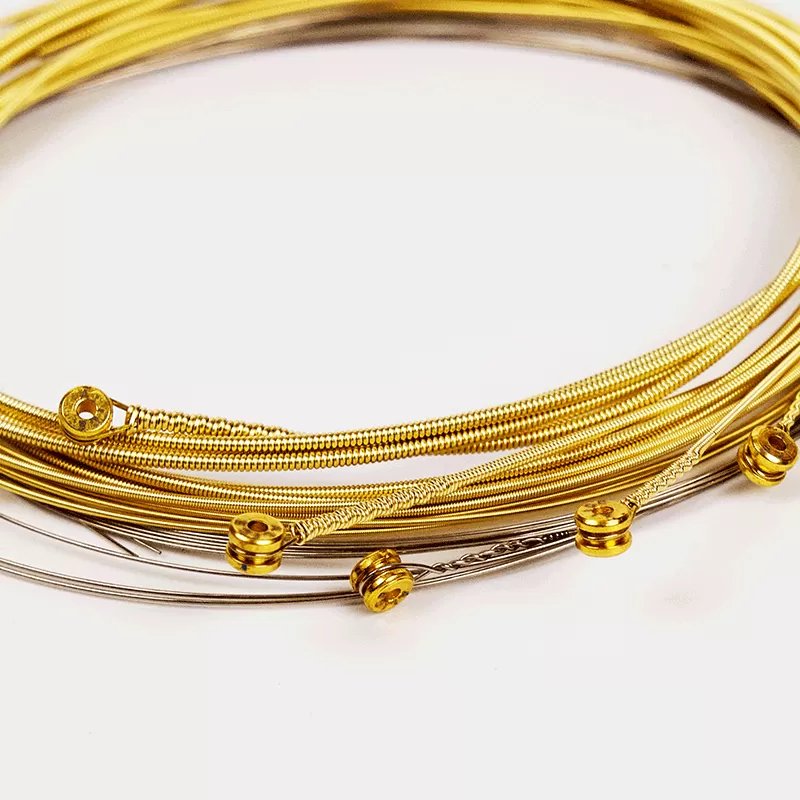
(Alice 80/20 bronze strings)
4. Fingerstyle and Instrumental
Best String Type: Silk and Steel, Custom Light Gauge
Fingerstyle guitarists—think Andy McKee, Tommy Emmanuel, or Sungha Jung—need strings that are responsive to touch and dynamically expressive. Because this style emphasizes nuanced playing, softer string types are often preferred.
Silk and steel strings are a great option here. With a mellow tone and low tension, they reduce finger fatigue and are gentle on your fingertips, making them ideal for long practice sessions or live performances. A custom light gauge provides a nice balance between flexibility and tone.
Players who use alternate tunings or percussive techniques may also benefit from hybrid sets designed for dynamic range.
5. Rock and Alternative Acoustic
Best String Type: 80/20 Bronze or Coated Strings, Light to Medium Gauge
Rock and alternative acoustic players—like those in unplugged grunge, indie rock, or even MTV Unplugged-style performances—need strings that can handle both intensity and subtlety.
80/20 bronze strings deliver a brighter, more aggressive tone that works well for energetic strumming and rhythmic playing. If you want a more balanced tone with less brightness, coated strings are also a strong choice. They’re especially helpful for players who sweat a lot or play in variable conditions, as they resist corrosion and keep tone longer.
Light to medium gauge strings offer a balance between aggressive playing and ease of fretting—especially helpful if you switch between lead lines and power chords.
6. Jazz
Best String Type: Flatwound Bronze or Pure Nickel, Medium Gauge
While jazz is more commonly associated with electric guitars, many jazz musicians still appreciate the warm, woody tone of an acoustic.
For a smoother, darker sound, flatwound bronze strings or pure nickel acoustic strings can offer a more muted, rounded attack—perfect for chord melody and complex harmonic playing. These strings also reduce finger noise, which is ideal for clean jazz lines.
A medium gauge gives you the sustain and tonal richness needed for complex chord voicings and walking bass lines.
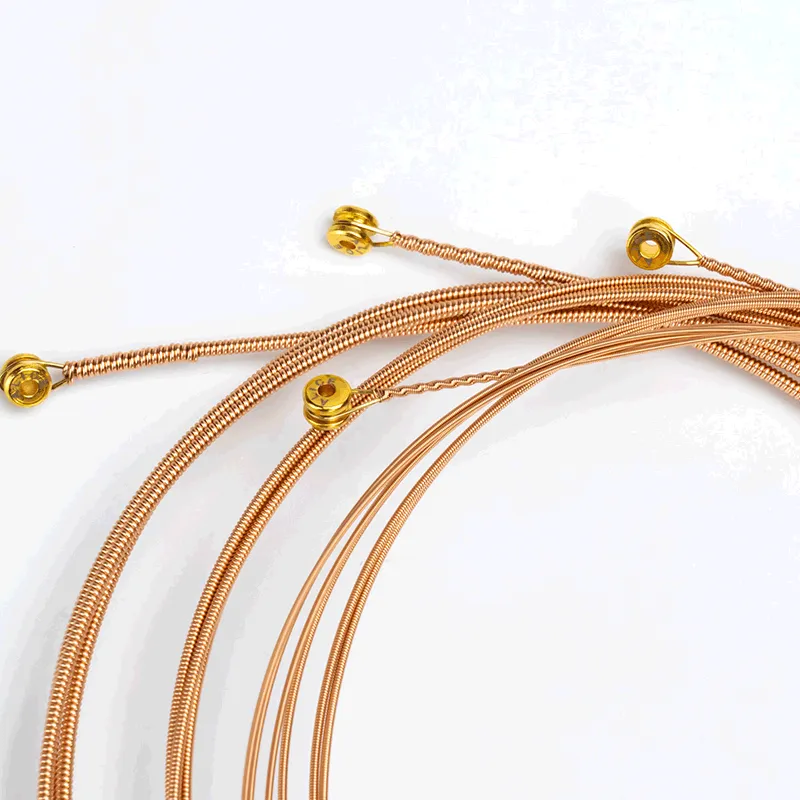
(Alice AWR486 Phosphor bronze strings)
7. Classical and Flamenco
Best String Type: Nylon, Normal or Hard Tension
For classical guitarists, the choice is much simpler—but no less important. Nylon strings are the traditional choice, offering a soft touch and warm tone suited to the delicate phrasing and articulation of classical and flamenco music.
Within nylon strings, you can choose between normal tension (easier to play, softer tone) and hard tension (more projection, brighter tone). Flamenco players often choose hard tension strings for the crisp attack and volume they need for fast passages and rhythmic intensity.
Modern classical players may also explore carbon strings for added brightness and tuning stability.
Bonus: What About Coated Strings?
No matter your style, coated strings are worth considering if you want longer lifespan, less string squeak, and better resistance to corrosion. While some purists say coated strings lose a bit of the natural tone, many modern brands have refined their coatings to retain excellent sound quality.
They’re especially useful for performers, frequent players, or those who don’t change strings often.
Conclusion: Let Your Style Choose Your Strings
Guitar strings are not “one size fits all.” They influence your tone, technique, and overall playing experience. Choosing the right string for your genre ensures your guitar complements your music—whether you’re playing blues in a smoky bar or fingerpicking under a spotlight.
If you're unsure where to begin, try experimenting with different materials and gauges until you find the perfect fit for your musical voice.
And when you're ready to upgrade or explore, consider trying Alice Strings—a trusted brand known for quality, innovation, and an expansive selection for all styles and players. Whether you’re a folk singer, jazz virtuoso, or indie songwriter, Alice Strings offers the right string to match your sound.
Relate News
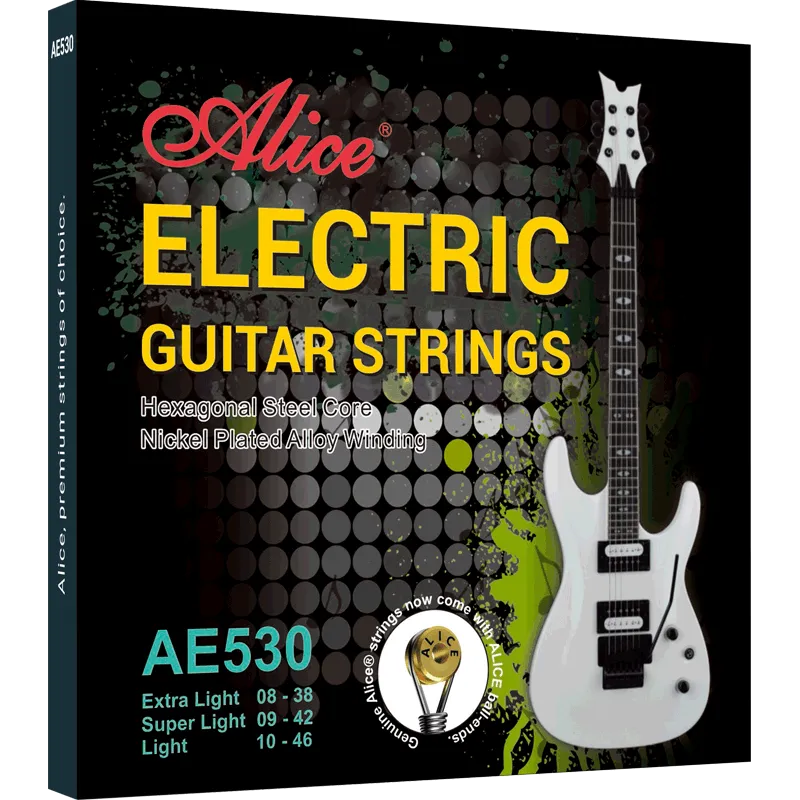
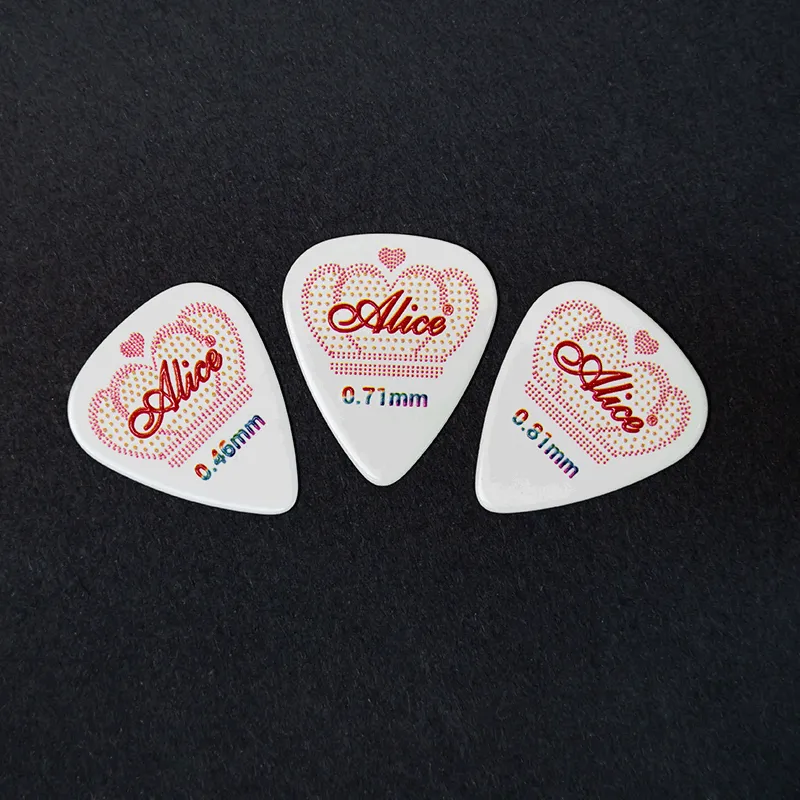
How Guitar Picks Affect Tone – And Why Stocking the Right Types Matters

Electric Guitar Strings Gauge Chart: A Complete Guide for Guitarists
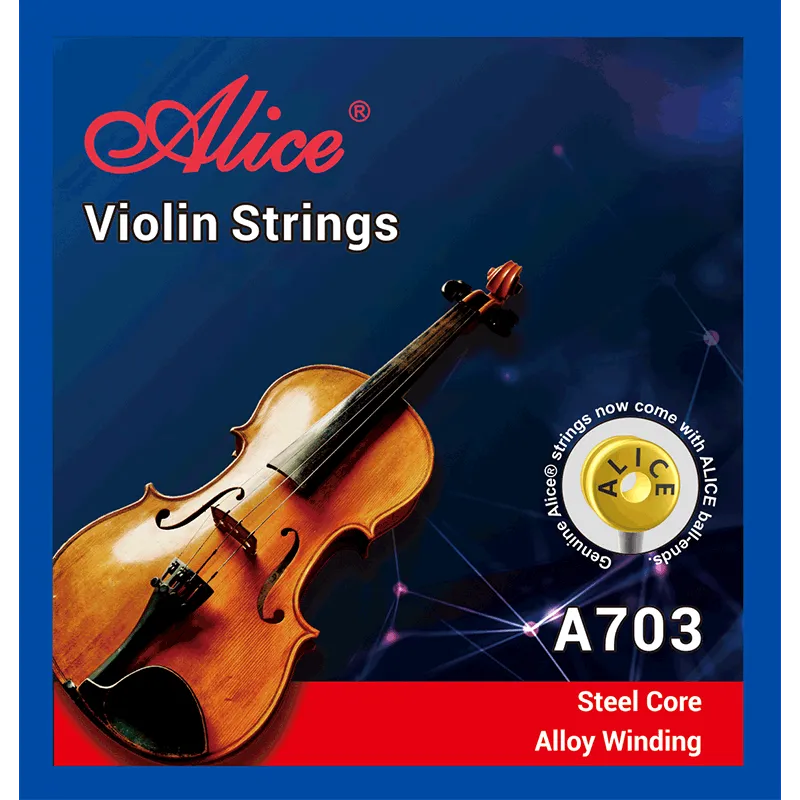
What Are Violin Strings Made Of?
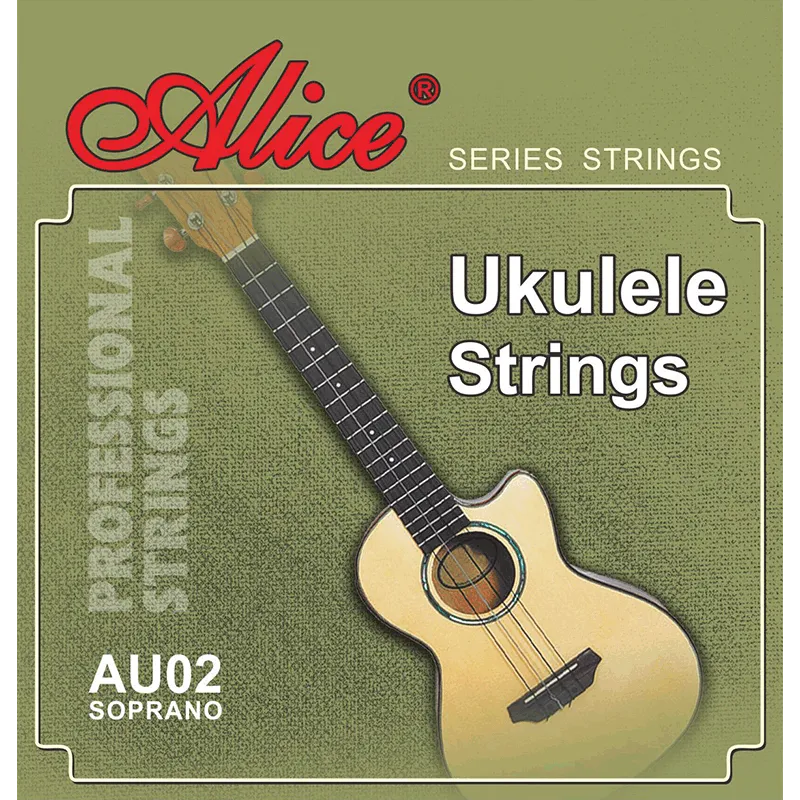
Folk Instrument Strings: Types, Materials & How to Choose the Right Set

Common Guitar String Problems: How to Fix Tuning Issues, Rust, and String Breakage

Complete Guide to Guitar String Materials: Which One Is Right for You?
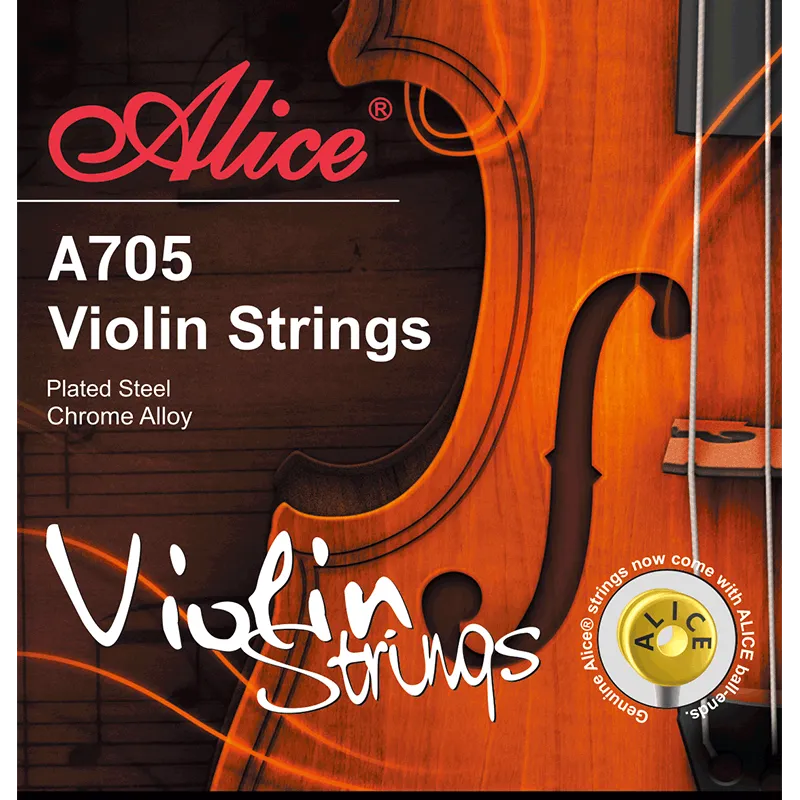
The Complete Guide to Orchestral Strings: Everything You Need to Know
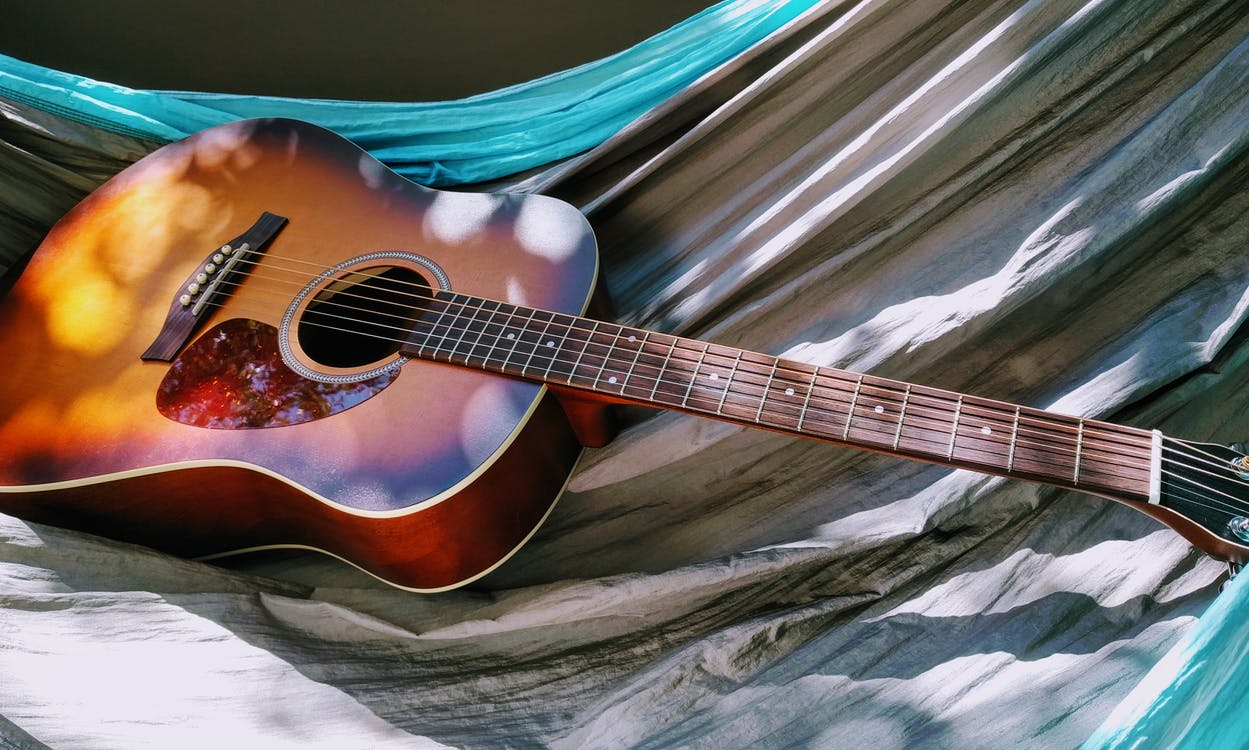
Inside the Craftsmanship: The Manufacturing Process of Guitar Strings
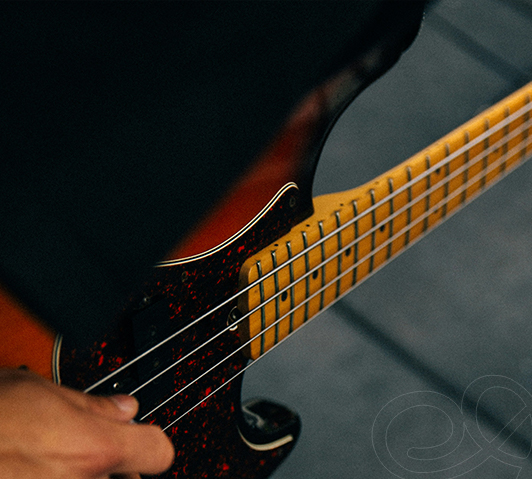
Guitar String Guide: Top Picks for Electric, Acoustic, and Classical Guitars

How Alice Guitar Strings Compare to Leading Brands



